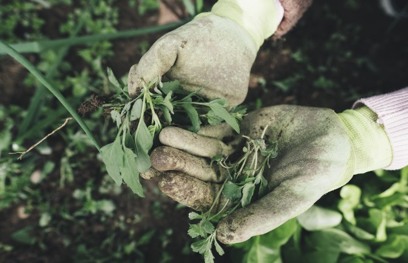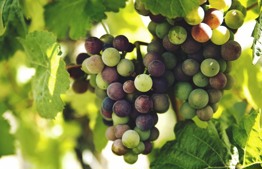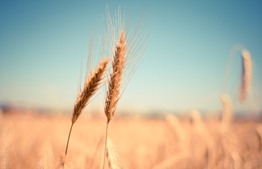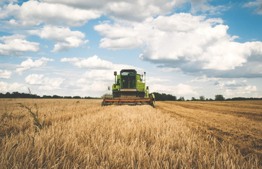Matanot Aniyim, Chapter 2: Laws of Lekket

A brief overview of the laws of lekket.
- As mentioned in Matanot Aniyim, Chapter 1, 2, following the mitzvah of pe'ah, the Torah commands us "you shall not gather the gleanings of your harvest" (Vayirka 23:22). That is, the sheaves that fall to the ground during the harvest should be left on the ground for the poor to gather.[1]
- If one or two sheaves of grain fall to the ground, they are considered lekket; three or more sheaves, however, may be gathered by the owner of the field.[2]
- The mitzvah of lekket applies to all types of crops that pe'ah is relevant to (see Chapter 1, 5); that is, grains, legumes, and vegetables that ripen together in one season and are harvested within a specific period of time, which all have long shelf life.[3] Leket, however, does not apply to fruit.[4]
- Similar to the mitzvah of pe'ah, given the situation today where the poor will not come to gather lekket and it is not economically worthwhile for them, the mitzvah of lekket does not apply (see Chapter 1, 7).
[1] Rambam, Hilchot Matanot Aniyim 1:4.
[3] Minchat Chinuch, mitzvah 218 according to the Rambam; he is uncertain whether according to Rabeinu Tam (cited in Chapter 1, n. 6), the laws of lekket are the same as those of pe'ah, and so they only apply from the Torah to grains (since lekket does not apply to fruit; see note 4 below), or if it is different than pe'ah and it also applies to legumes and vegetables.
[4] Rambam. Ibid., 1:7, based on Chulin 131a. The mitzvah that parallels lekket in the vineyard is peret; see Chapter 4 below.




